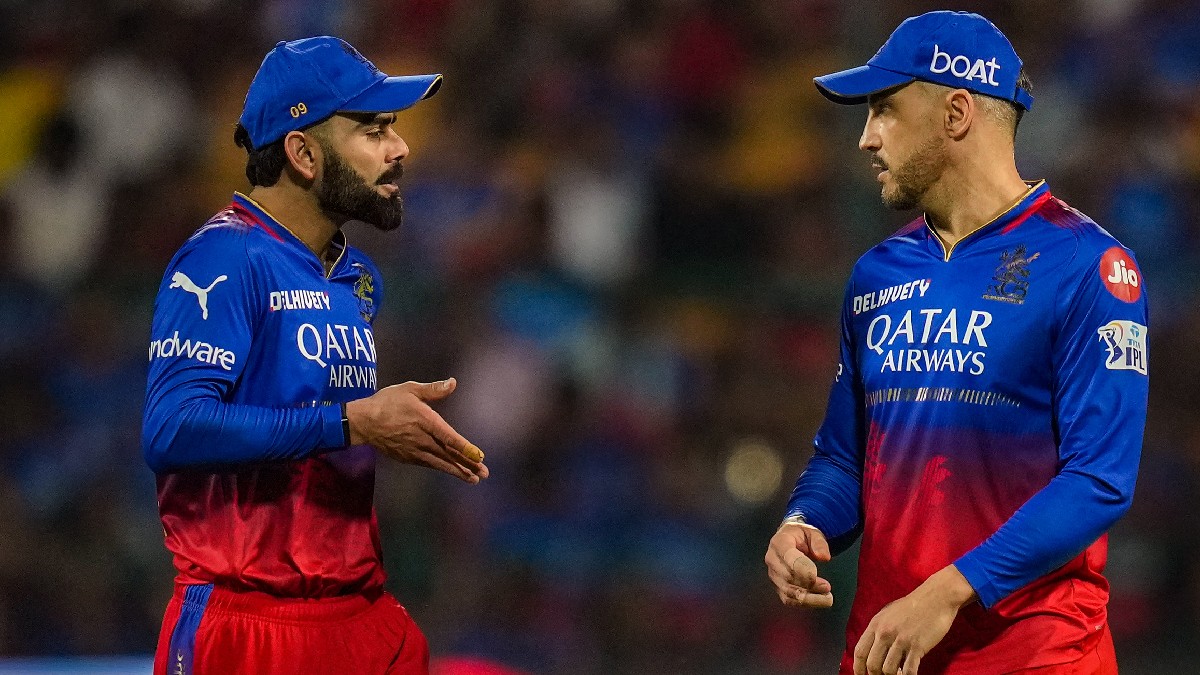Talbot's criticism and empathy for pre-1947 India
New Delhi, Oct 25 (UNI) It is amazing to see history in the making, and he got the opportunity to see it all-- the progress and impact of the Second World War on the subcontinent, the tumultuous days of the freedom struggle, the dawn of Independence and the aftermath of Partition.
Phillips Tablot, to whom the founder of Pakistan, Mohammad Ali Jinnah, had once described Partition as '' no other option'' was in 1938 sent on a fellowship by the Institute of Current World Affairs, New York to report about India. The assignment proved to be a tryst with history.
Talbot is President Emeritus, The Asia Society, US. A distinguished journalist, he was the India correspondent of the Chicago Daily News in 1946.
He had the good sense to record his impressions, of historical figures and events alike, in the form of letters and reports.
These letters were published as a book, 'An American Witness to India's Partition'.
His profiling of leaders is fascinating with Mahatma Gandhi being portrayed as a very vigorous, hard-working man with immense power of concentration.
Pt Nehru has been deciphered as: ''Nehru was an elegant man with a great sense of history and political leadership.
His socialism, unhesitatingly follows Gandhi in some most unsocialistic channels.'' Talbot, however, found Vallabhbhai Patel, in contrast, to be an ''authoritarian, anti-Communist 'iron man'''. He revels in relating disturbances, violent incidents, Hindu-Muslim riots, and the follies of short-sighted politicians.
To illustrate Jinnah's relationship with Lord Mountbatten, the American author quotes a Muslim League leader as saying: ''Mountbatten's amazing. He knows when to listen to Jinnah, when to agree with him, when to take his advice, when to bully him, and when to let him down with a bump. The extraordinary thing is that Jinnah likes him and thinks he's fair.'' In his 'Afterword', he writes, ''Whether Jinnah ever considered the Pakistan demand a bargaining chip...I find it hard to know.'' About Partition, on January 10, 1940, Talbot wrote, ''The Muslim League and the Congress are pulling in opposite directions, leaving the British to keep the peace. And the League's solution for the impasse? To carve India up into a Hindu country and a Muslim country, or at least into two federations within the gossamer net of a confederation. The trouble is that the Muslims themselves- to say nothing of other interests- haven't yet agreed on any scheme which makes partition practical''.
Jinnah's letter to the London weekly Time and Tide (January 19, 1940) spoke of two nations, who both must share the governance of their common motherland so that India may take its place amongst the great nations of the world. That implies not partition but power-sharing in a united India which, despite his two-nation theory, he wished to rank among the 'great nations of the world'.
The Pakistan resolution was passed by the Muslim League on March 23, 1940, at a session in Lahore, at which Talbot was present. In February, Jinnah told Talbot that ''he could see no other solutions''.
Sir Abdullah Haroon gave Talbot copies of the eight proposals under consideration. The League had a catalogue of complaints against the Congress Ministries' behaviour in the provinces, from real to fanciful.
One of them was that the movie industry in the hands of the Hindus is surreptitiously replacing good Urdu vocabulary in Hindustani films with Sanskrit and Hindi words that will corrupt the Muslim language.
The League's false claim that Urdu was a Muslim language did it incalculable harm. The atmosphere in the country was not only charged with tension but was fouled by poison.
In another letter (March 24, 1941), Talbot talks of Mohammed Iqbal's message of Muslim nationalism, adding, ''the stirrings among the younger Muslims that resulted from his poems have had their reflection on the Khaksar movement, the strong agitation for Pakistan, and a general strengthening of youth activities within Islamic circles in Lahore''.
One virtue of this book is that every paragraph of it is redolent of the 1940s.
After spending five days with Gandhiji in East Bengal's Noakhali district, Talbot was convinced that ''the ageing leader is clinching his place in the Hindu pantheon.'' In the same letter (Feb 16, 1947), he provides a vivid and incisive description of what went wrong in Noakhali.
Talbot writes:''In those days there was a lot of political activity, but not much economic activity. Young people expected the same kinds of jobs as their fathers. Now there are new industries, a vibrant service sector and a level of economic activity not foreseen then.'' The well-networked writer wrote his last letter from the subcontinent on February 7, 1950. It concluded with the observation, ''While India is going through a difficult period, I leave the country feeling that it holds within itself the necessary remedies, providing that it incorporates more Gandhism than cynicism into its national life.'' Talbot's insights are critical but inspired by strong empathy for India. He was awarded the Padma Shri.
UNI


 Click it and Unblock the Notifications
Click it and Unblock the Notifications




